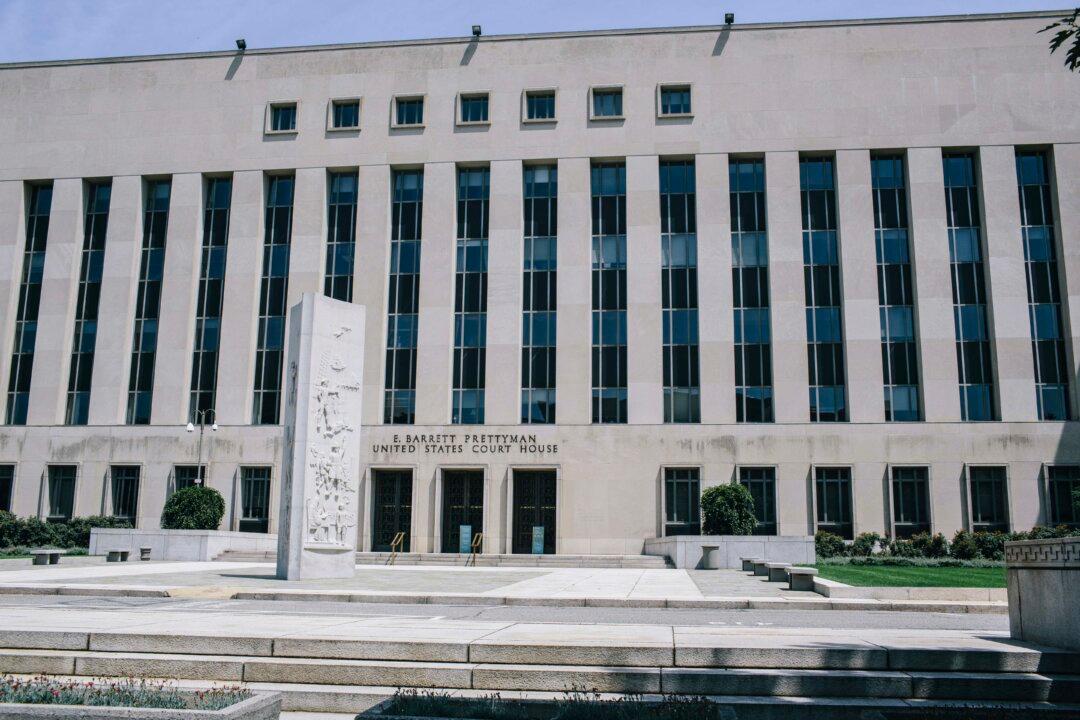Federal prosecutors may get to question a Fusion GPS employee with “unique insight” into how her company, Hillary Clinton’s 2016 presidential campaign, and its law firm orchestrated “opposition research” into the Trump campaign that spurred the debunked “Russiagate” investigation, in the trial of former Clinton attorney Michael Sussmann.
U.S. District Judge Christopher Cooper on May 3 granted special counsel John Durham’s motion to unseal his petition to compel Fusion GPS “tech maven” Laura Seago to testify when Sussmann’s trial begins on May 16 at the E. Barrett Prettyman Courthouse in Washington.





